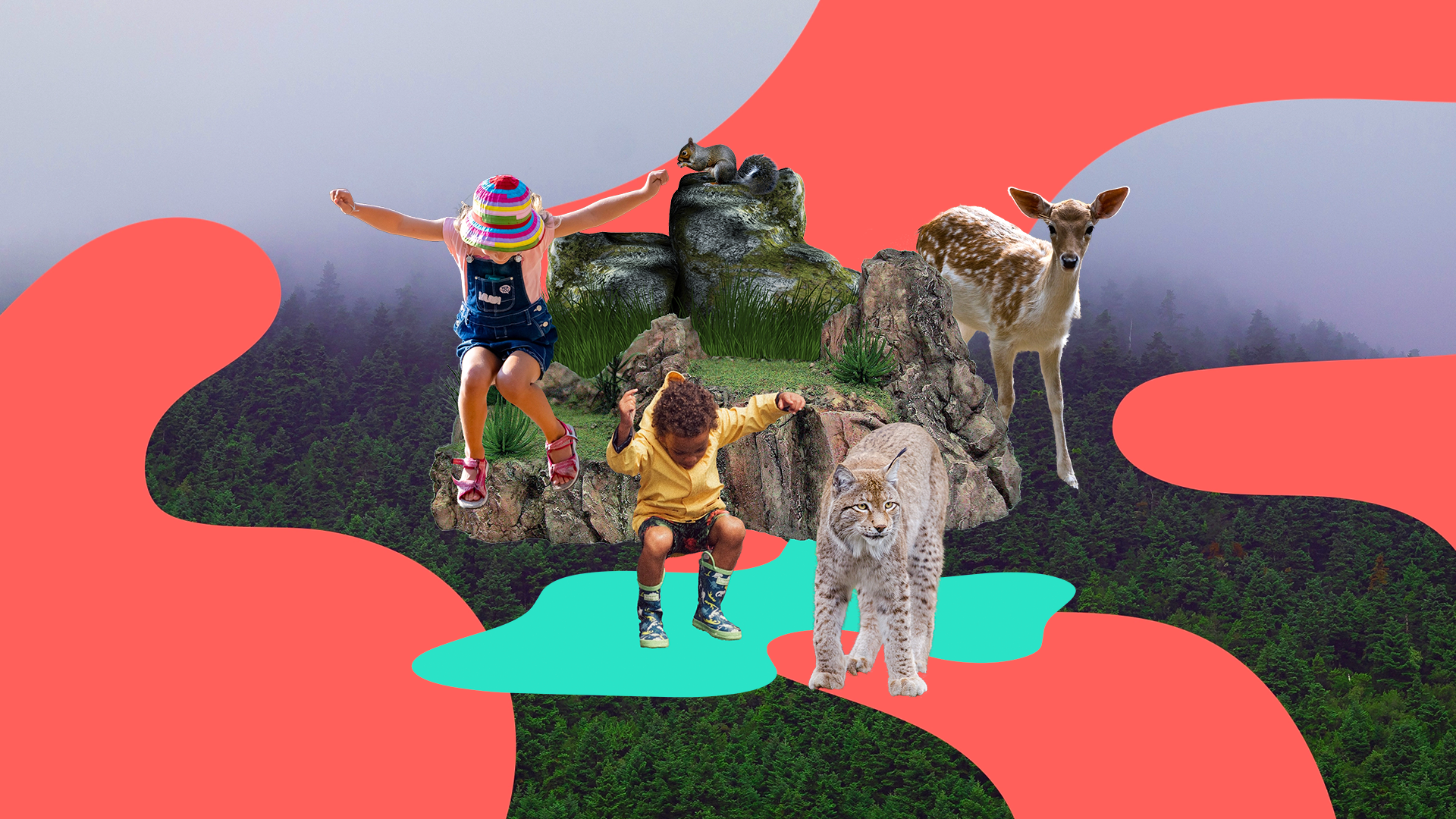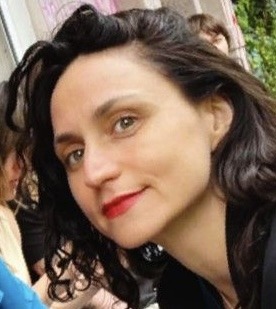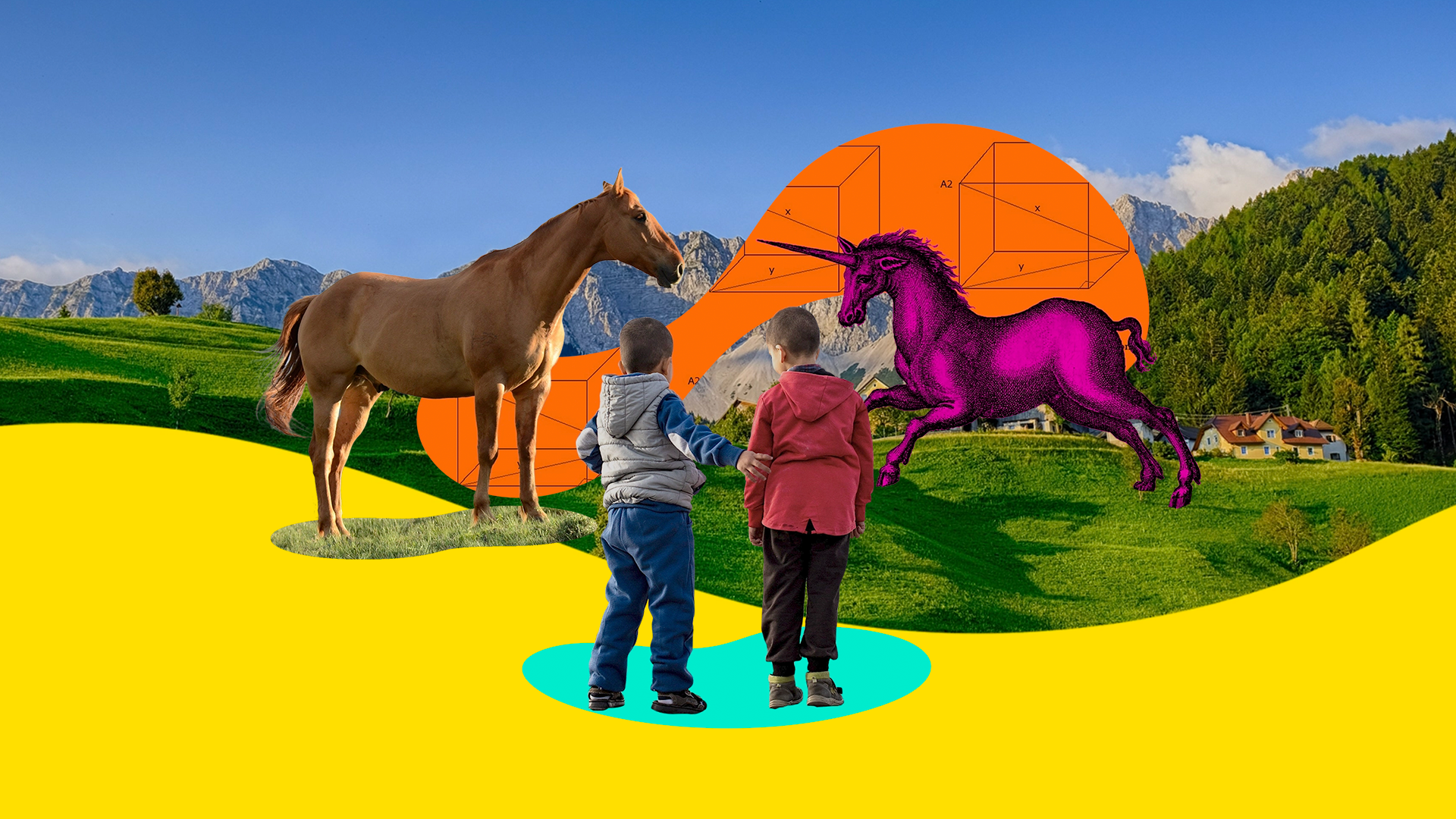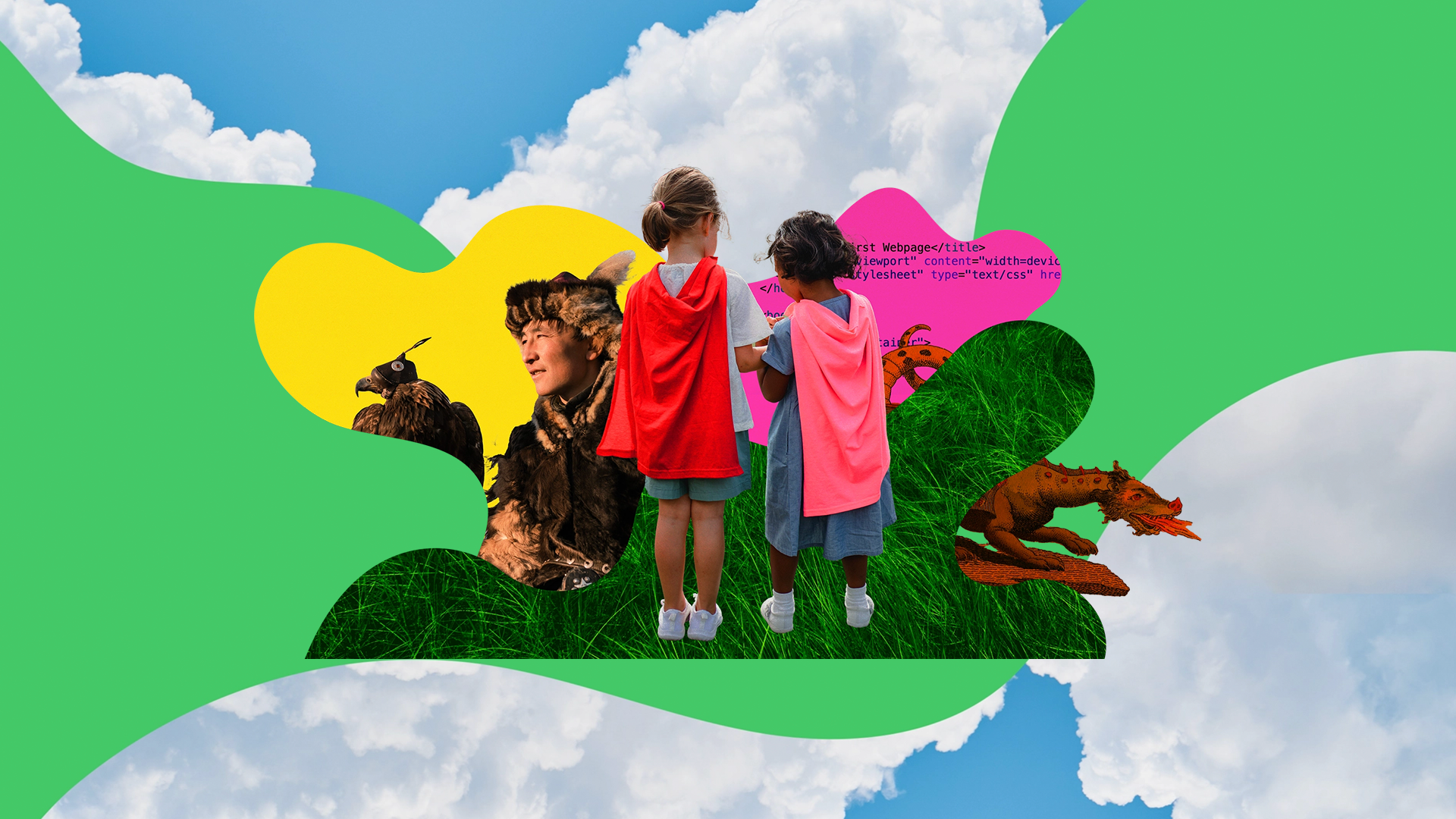Noam Gerstein is the CEO & founder of bina. She lives in Berlin, enjoys practicing yoga and reading Harry Potter with her kids, and is absolutely obsessed with delivering customised learning at scale. “We have to reconsider the way we live and that includes the way we school,” says Noam. “For matters of trust and safety and joy and educational outcomes, we need to realise that if we continue doing something we know doesn't work, the results are likely to be the same.” Join us for a Q + A with Noam.
What inspired you to found The bina School?
I got really interested in early years education: what are the differences and similarities between how schooling systems are run throughout the globe? I spent seven and a half years living nomadically, talking to teachers, parents, students, and admin, trying to understand how they feel and what they’re experiencing. I began wondering: Can we do a system upgrade in a way that fits life today? And that’s the question that I still carry.
I don’t feel like I started The bina School– I am just a steward. It wasn’t my original idea; many people continuously contribute to what it is and how it behaves. Everyone contributes their thoughts: parents, students, teachers, employees… Those are the people who are shaping and building The bina School and we will all be doing that for a while. The details are continuously being crafted, with every person who contributes. The details are the real work and that’s continually changing. My job is to make sure bina has the resources to keep going but I don't feel that it’s mine more than it belongs to anyone else.

What is bina?
We are not a school– that is a different systemic design. We are not a homeschool because the home doesn’t school them. We are something that is meant for a completely new generation of parents. We need to be able to communicate that with clarity and intentionality and also come with ideas of mutual responsibility to deliver it in a way that is miraculous.
We don’t have to start something completely new; we are crafting on the shoulders of giants, and we don’t invent wheels where they’re already turning. We just try to create schooling that fits the life we have today and the resources we have today.
What is bina’s purpose?
bina has a north star, which is precision education at scale. How do we get to a place where you and I, in ten years, can walk to a totally remote village and see a hut with kids learning across multiple ages, have a chat with them, and understand that they’re recipients of a phenomenally high quality education? I think we can do it. That’s the north star.
Post-Covid, more and more people see online education as a positive future; we can create experiences that are amazingly awesome and educational in the digital realm without copying what’s happening in classrooms. We can do the impossible: “Hey, no gravity today! Here, fly this plane!” As tech advances in bina and in the rest of the field, there’s room for a system to hold all of these amazing products and incorporate them as we go along.
There's a huge opportunity and a huge need for our work. I’m keen to serve in places that really need us, and those numbers are on the rise and we see that in every trend. Families are pulling their kids out of schools from all social and economic classes and all levels of education, everywhere in the world. We see it with teachers leaving the profession at unprecedented rates, and it’s clear that something different is needed. There’s a calling here.
What’s a challenge that bina faces?
There are so many things that we need to solve on a daily basis. They’re big questions and small questions. We’re building foundations. When someone laid the road you live on, even if the houses aren’t there anymore, the road remains the same. We’re laying ground that no one is going to re-dig. We need to be very focused on the moral grounds that we’re laying, in the sense that we’re building algorithms that are going to do certain things and no one is going to dig them out. How do we make sure that they’re built with a very deep understanding of the implications of how they’re built? That’s a big one for me.
Another one is how we make sure that we do a great job on a daily basis for every little kid and their adults. How do we make sure that we serve well during the daily grind of the build?
What are you proud of?
I just see problems, I am not the best person to say, ‘We’ve achieved this and let’s celebrate!’ I just noticed what needs to be fixed. It’s a weakness for me.
But really, what I’m most proud of is the type of people who are involved– the humans. Pretty bluntly, we have a phenomenal team that is hardworking and smart, just wonderful human beings who are shaping bina and its culture and its ethos in a way that I think is goosebump-inducing.
What’s your hope for bina?
I really hope that we’ll get the amazing honor to educate the world. I think that in ten years we’ll be able to not only run our own school but have a bunch of versions of bina for different needs in different places. We’re currently collecting data on how humans learn; the amount of communal knowledge and improvement is potentially unprecedented with this project and that’s one of the reasons I’m so compelled to serve.










Comments